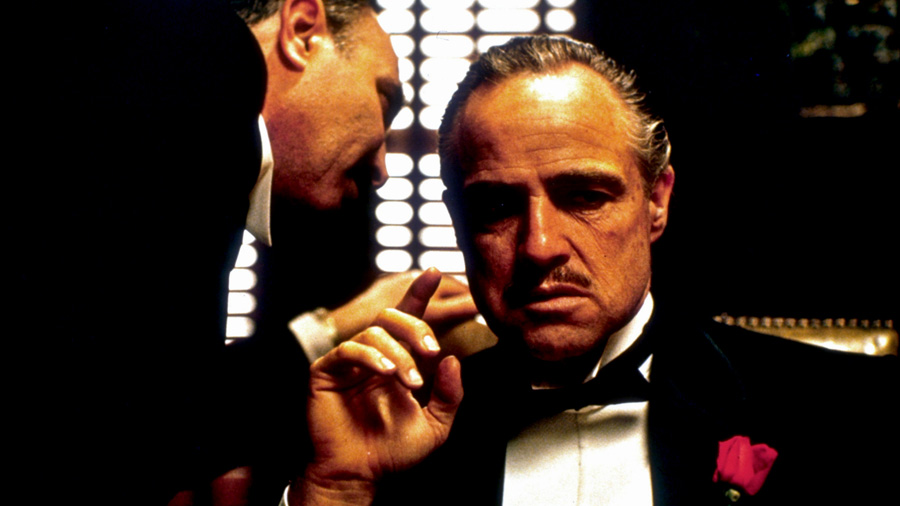I spent this week with publishing folks in New York City at the Digital Book World conference. And I’m walking away with one big point: it’s not about the tech.
Yes, the technology enables. We need to know how to produce better ebooks; properly marked up XML files; new workflows for modern publishing; and provides smaller publishers new opportunities to scale.
But I want to talk about investment in PEOPLE. The employees within publishing houses – how are they being groomed and mentored to help build better companies and books that serve readers and writers?
And by natural extension, how are those in publishing supporting writers. And readers.
I ran a 3-hour workshop at Digital Book World titled “How to Create the Content Your Audience Desperate Wants, But Doesn’t Know to Ask For.” This was meant for anyone in the publishing process to leverage communication channels to find the right audience and engage with them in a meaningful way, not a promotional way. A key theme that kept coming up is this:
VOICE.
Voice is a uniquely human element of how we engage with ideas and form relationships. You can’t clone it and scale it, you can’t code it, you can’t mass produce it. The voice of an author can help readers not just understand a topic, but shape their identity.
How come we can have 1,000 books on a topic or type of story, yet only one will resonate with you?
More and more, I am looking for examples of voice that are engaging small audiences in deeply meaningful ways. In other words: how can we look beyond the example of Steve Jobs? How can we not judge the power of voice by revenue alone, but instead by effect – how one’s voice shapes the world for others. Too often, publishers and writers look at the point of sale of a book as the culmination of a relationship with writers & readers. But it is the effect of reading that book which builds the legacy they really hope for.
In my workshop, I provided lots of examples of voice. These were names and faces, and each represented larger ideals and identities. These people offered more than just a connection to one person, they represented a connection to an entire community. They are a gateway. For many this connection goes beyond the topic or content alone – they open up a whole new world.
In a crowded marketplace, voice is your differentiator. At the conference, a colleague said that sometimes they feel that with so many writers self-publishing and promoting their work, it is like standing in front of a massive wall of pay phones, and all of them ringing at once. Everyone is screaming for attention: “Buy my book!”
Which is why I focus on voice. Voice is not about HOW you scream for attention, it is about not needing to scream at all. It is about people preferring to sit down to a long conversation with you. Where they lean in when you whisper something because you no longer need to shout.
Voice aligns with Kevin Kelly’s idea of 1,000 true fans; that when you have an engaging voice that connects to the heart of the right audience, you no longer need a huge crowd to rally around you in order to succeed. You just need 1,000 of the RIGHT people, not 100,000 who don’t really engage with you.
How often have you gone to a concert at a massive stadium and felt an empty disconnect due to the distance, the size, the way your seat is sticky and uncomfortable because it was designed for faceless thousands, not for YOU. This is a commodity experience. Even if the band remembers that particular show, they certainly don’t remmeber you.
But at a small intimate show, you feel that you are a PART of a moment with the musicians. And they with you. You do contribute to aspects of the experience. Who you are and the way you effect the moment is aplified due to the scale. WHO is there matters more than how many.
Too often, people feel that online marketing and social media is about scale. About “going big.” About getting more followers. But the real value is the opposite. It is not broadening, but honing. It is about connecting more deeply with a smaller audience – exactly the RIGHT audience – not broadcasting your needs to a faceless crowd.
As I walk away from Digital Book World, I am reminded of the power of the individual to craft not only an amazing work – a book – but an amazing experience and connection to what matters, and to the community that supports these things.
One quote from Digital Book World presenter Peter Hildick-Smith was this: “Discovery without conversion has no impact.” He shared a ton of data about how readers interact with books. But I think we need to broaden what “conversion” means. Yes, it can include the sale of a book. But it can also mean access to a community, to ideas, and to crafting a meaningful identity as a READER.
If this type of thing is something that interests you, I am offering a free resource that talk more about how to develop an audience in a meaningful way, and it’s geared specifically to writers:
- My 72 page PDF ebook: Author Platform Starter Kit
You can grab it here for free.
Thanks!
-Dan

